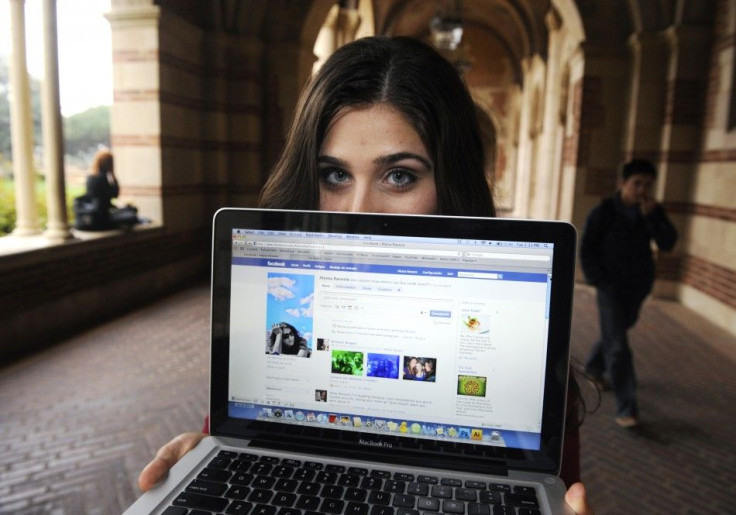Facebook May Cause Psychological Disorders, Study Says

Everything in this world has a good and bad side to it. The same rule applies to social networking also.
No one will deny that social networking sites such as Facebook have changed the way we interact with friends and other people, but they have negative side effects too.
A recent study showed that teens who use Facebook heavily show more narcissistic tendencies while young adults who have a strong Facebook presence show more signs of other psychological disorders, including antisocial behaviors, mania and aggressive tendencies.
The study, whose findings were presented at the 119th Annual Convention of the American Psychological Association, also found middle school, high school and college students who checked Facebook at least once during a 15-minute study period achieved lower grades.
"While nobody can deny that Facebook has altered the landscape of social interaction, particularly among young people, we are just now starting to see solid psychological research demonstrating both the positives and the negatives," said Larry Rosen, professor of psychology at California State University.
In addition, daily overuse of media and technology has a negative effect on the health of all children, preteens and teenagers by making them more prone to anxiety, depression, and other psychological disorders, as well as by making them more susceptible to future health problems.
On the other hand, young adults spending more time on Facebook are found to show better "virtual empathy" to their online friends.
Meanwhile, online social networking can help introverted adolescents learn how to socialize behind the safety of various screens, ranging from a two-inch smartphone to a 17-inch laptop. Also, social networking can provide tools for teaching in compelling ways that engage young students.
Facebook, launched in Feb. 2004, is the largest social network in the world with more than 750 million users. It is doing more than just connecting friends and listing local concerts.
More than half of people aged 12 and older have a profile on Facebook. In other words, 51 percent of Americans who are aged more than 12 years are now using Facebook, according to Arbitron/Edison Research. This is an amazing growth considering the number was just 8 percent in 2008.
Social networking sites also appear to have high levels of frequent usage, with nearly one in five (18 percent) Americans having visited social networking sites several times per day.
© Copyright IBTimes 2024. All rights reserved.











